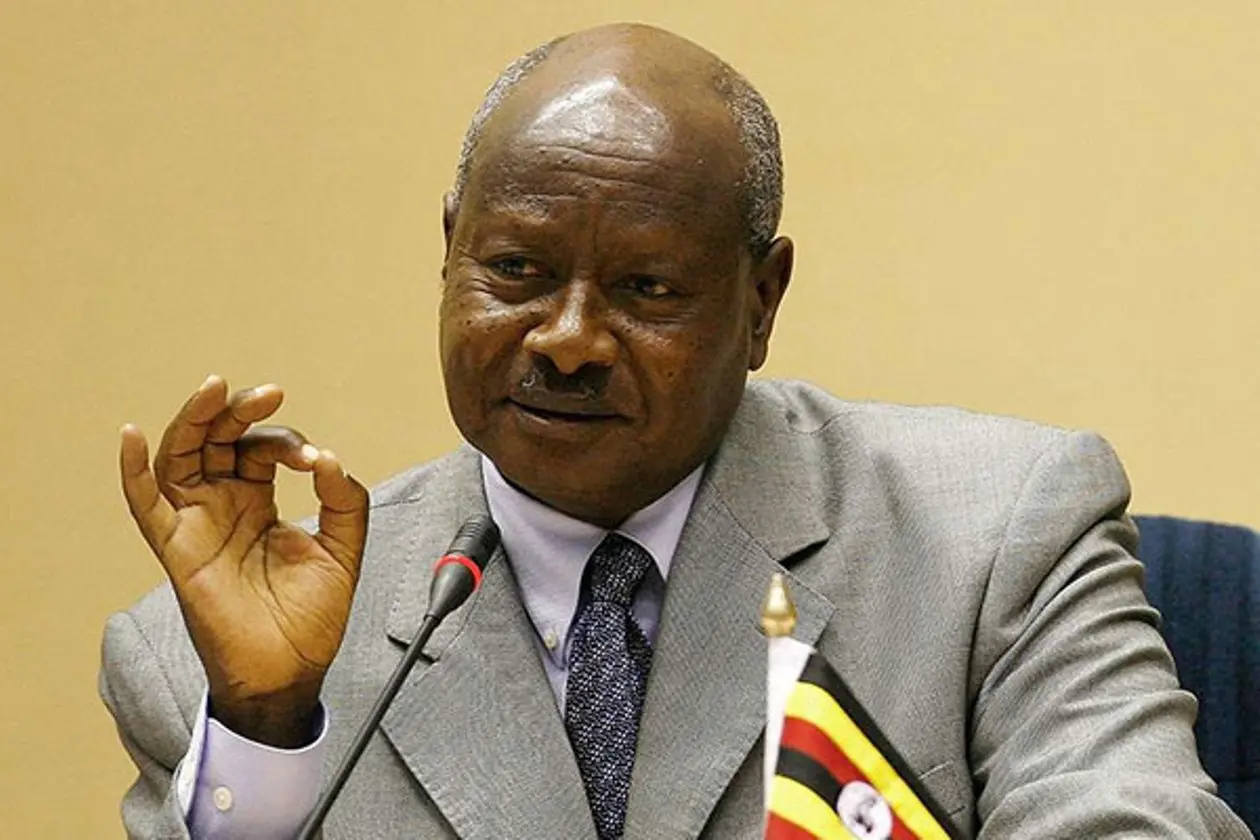On Monday, Ugandan President Yoweri Museveni enacted a contentious new law authorizing the trial of civilians in military courts—a decision that has sparked widespread concern among critics who view it as a potential tool to suppress political dissent ahead of the upcoming national elections.
The move comes in defiance of a Supreme Court judgment issued in late January, which deemed the practice of subjecting civilians to military tribunals unconstitutional. That landmark ruling was linked to the case of opposition figure Kizza Besigye.
Besigye, 69, was reportedly seized by unidentified armed individuals in Nairobi last November and later surfaced before a military tribunal in Uganda, where he faced treason charges—a capital offense. Following the court’s intervention, his case was reassigned to a civilian judiciary.
The newly signed law has raised alarms among human rights advocates, who fear it could be leveraged to intimidate opposition leaders and curtail democratic freedoms in the lead-up to the 2026 elections.
But the new law provides for “exceptional circumstances” under which civilians can be subjected to military law, including the “unlawful possession of arms, ammunition or equipment,” one of the other charges Besigye is facing.
Read also: Ugandan Police Arrest Band Members For ‘Insulting’ Museveni
The signing of the law was announced by Uganda’s parliament on X.
Besigye’s lawyer, Erias Lukwago, told AFP that the law was designed to facilitate the “illegal detention and trial of Besigye and others”.
Besigye has been in jail for more than the six-month legal limit for detention without trial.
Robert Kyagulanyi, popularly known as Bobi Wine and a leading opposition figure in Uganda, voiced strong criticism of the newly enacted law, telling AFP, “This legislation is clearly aimed at silencing all of us in the opposition.”
Eron Kiiza, a prominent human rights lawyer and activist—who previously spent six months in detention under a military court after defending Kizza Besigye—has vowed to mount a legal challenge against the law.
Rights organizations have drawn a direct link between Besigye’s abduction, his treason charges, and the political atmosphere ahead of the upcoming election in January, where President Yoweri Museveni, now 80, is widely expected to pursue a sixth term, potentially extending his grip on power beyond four decades.

